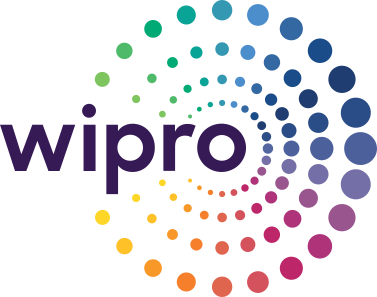Our nanotechnology course delves into the principles, methods, and applications of manipulating matter at the nanoscale. Students explore the fundamental concepts of nanoscience, including quantum mechanics, surface science, and molecular biology. Through theoretical lectures, laboratory experiments, and hands-on projects, participants learn to design and fabricate nanomaterials, nanostructures, and nanodevices. Topics cover a wide range, from nanoelectronics and nanophotonics to nanomedicine and nanomaterials for energy applications. The course emphasizes the ethical and societal implications of nanotechnology, preparing students for careers in research, industry, and academia at the forefront of this rapidly advancing field.














